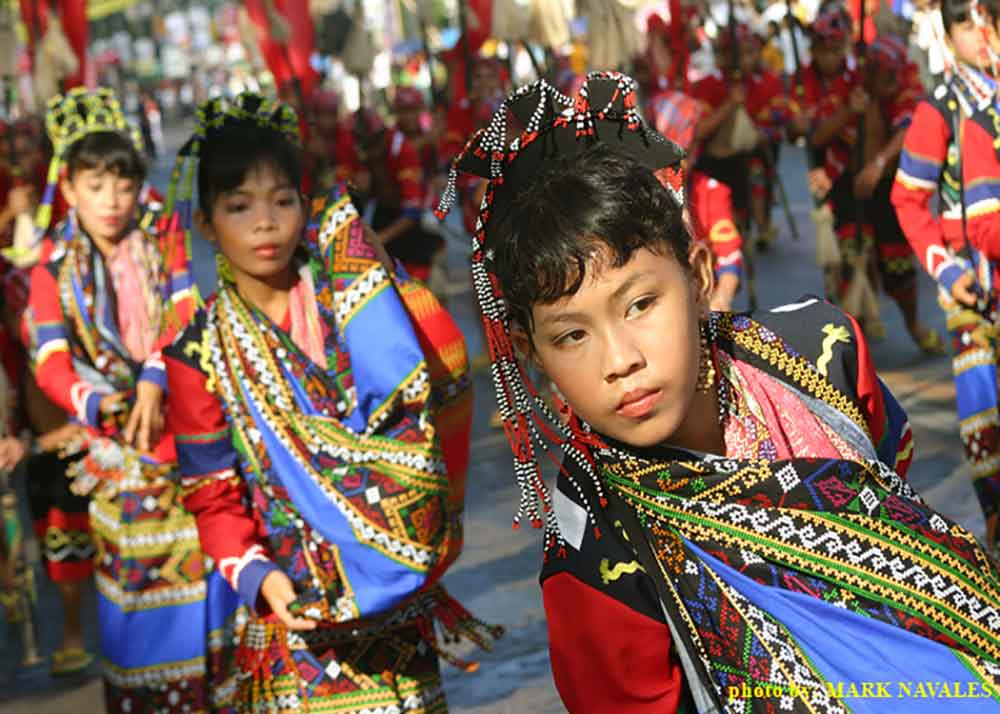‘Healthy citizens are the greatest asset any country can have.’ — Winston Churchill
LAST month, I had the opportunity to join my office team that flew to South Cotabato to inaugurate and turn over two renovated and refurbished rural health units: the Baluan Rural Health Unit and the Polomolok East Community Clinic (PECC) which included a Polomolok Felicidad T. Sy Center Animal Bite Clinic.
It was also an opportunity for me to meet with the people behind the Mahintana Foundation, Inc. Mahintana, meaning “sea and land,” is so named to honor the first indigenous settlers of South Cotabato, the B’laans. The B’laans live around Lake Sebu and other municipalities of the province. The B’laan is one of the major indigenous, non-Islamic tribal groups in the country.
I was introduced to Lisa Duropan-Hora, the very dynamic executive director of the foundation, and for three days I bonded with her and got an intensive insight into the Mahintana Foundation. It turns out that she and our own Connie Angeles have been working together on projects like the HealthPlus Project in Lagao.
I was in awe of her bamboo handicraft project (basic production of bamboo handicrafts to maximize the use of the material which in turn has given birth to the extensive planting of bamboo). I was shown utensils made of bamboo which were on display at an event LawiL Di Afus.

Her Nutripan bread project, launched in partnership with Dole Philippines, seeks to improve children’s diets to reduce malnutrition by developing healthy and nutritious food. I was told by one resident that nutripan has variants like squash, carrots and sweet potatoes and because these sell out every day, plans are afoot to increase production thus giving employment opportunities to women. These projects have had a domino effect on the livelihood of women in the community.
Because Polomolok is the site of a 22,000 plus-hectare pineapple plantation, livelihood support is given to farmers and their families for the processing of pineapple leaves from which is extracted the material that is the base of piñatex or pineapple fiber.
Coffee which thrives in Sultan Kudarat is one of the main and high revenue-generating industries that is being supported. Various training programs are conducted to improve the coffee industry.
Lisa has more projects like the Project Safe (support & sustain learning opportunities for children), ProPeace (projects for the improvement of security, tolerance & respect for the diversity of Tri-People); Adopt-a-School Program; SEED Farm Program (agriculture-based technologies & innovation; Ridge-to-Reef Program (consolidate development projects from the headwaters of Kilman & Siliway rivers); Gully Tree Planting and many more which if enumerated would take the whole page of this column.
The Mahintana Foundation was founded on Aug. 12, 1977. Mahintana then was under the direct supervision of Dole Philippines, Inc. until 1993 when it was spun off from Dole’s supervision. Today, Mahintana is governed by a board of trustees whose members come from corporate, business and social development institutions. Its programs and operations have beneficiaries in communities not only in South Cotabato but in other Mindanao provinces as well.
Its primary mission is to improve the target communities’ quality of life and make an impact on the development of their resiliency and sustainable development.

Over the years, Mahintana has established networks and linkages with many local and international organizations; partnering with local government units, non-governmental organizations, the private sector, the academe and other stakeholders.
The PECC and the Polomolok Clinic are joint initiatives with SM, particularly the Felicidad Sy Foundation to benefit GIDAs (geographically isolated and disadvantaged areas). The center is expected to be able to dispense medical and health services to 50,000 beneficiaries, mostly B’laan in Maligo, Landan, Kinilis, Silway 7, Upper Klinan, Klinan 6, Cannery 1, Cannery 2, Lamcaliaf and Palkan.
Geographically isolated and disadvantaged areas (GIDAs) refer to areas or communities with marginalized populations that are physically and socio-economically hard to reach or are separated from the mainstream society and characterized by the absence or limited access to roads, and thus have less or no opportunities at all for development, social services and food security. The health situation in GIDAs is generally characterized by high morbidity and mortality, resulting from poor access to quality health services, lack of health facilities and inadequate logistical support.
Other GIDA areas are located in Aeta-populated areas and T’boli areas.
For Mahintana Foundation president Martiniano Magdolot, the sustained collaboration with partners and supporters enabled it to innovate and strengthen programs, services and advocacies. “We are proud of our partnerships with our longtime partners and supporters who untiringly support the programs and advocacies of Mahintana.”
For indeed, life is a spiral, we reach out to those at the bottom of the spiral and help them climb up.

